(ECNS) -- "I was just a drop of water in the great tide of the Chinese People's War of Resistance Against Japanese Aggression, but 80 years have passed, and no one has forgotten this part of history or even this small drop of water," said 98-year-old veteran Wang Yonglao on Tuesday, as he showed a reporter from China News Service a New Year greeting card at his home in Chengdu.
Unlike ordinary New Year cards, this yellowed one is a replica of an original dating back 80 years ago.

On Feb. 13, 2025, the Zigong Municipal Archive in Sichuan Province unveiled a valuable historical artifact: a New Year card sent in February 1945 by a member of the Chinese Expeditionary Force from Zigong, who was stationed far from home.
With the help of the internet, the archive identified Wang, the veteran who had sent the card 80 years ago, and in April this year, it delivered a replica of the card along with old photos of Wang serving as a member of the Chinese Youth Expeditionary Force to his home.
Printed at the center of the card are the phrases "Happy New Year" and "Victory Year." Besides a brief message, it also featured a photo of two young men.
At that time, our troops asked young soldiers to send messages home, reassuring families of their safety, Wang recalled, adding that these cards were uniformly produced for that purpose.
"The photo on the card is of me and my nephew," Wang said. The card was written during the Spring Festival of 1945, just after Wang's troop had completed basic training and was about to head to Kunming City for assembly and training in India.
Before joining the Chinese Youth Expeditionary Force, Wang was a sophomore at Xuchuan Middle School in Zigong City. He recalled that Zigong, known for its abundant well salt, became a key bombing target for Japanese forces, who aimed to cut off China's salt supplies.
Despite being enrolled in school, Wang spent more time running dodging air raids than attending classes. Yet in one harrowing moment, the shockwave from a nearby bomb blast threw him to the ground, with bodies of fellow citizens lying just steps away.
In 1944, Wang responded to the national call of "100,000 Youth into the Army" and joined the Chinese Youth Expeditionary Force.

When he enlisted, his father, who had participated in the CPC-led Niujiaogou Uprising, published a poem titled "Sending My Son Yonglao to Join the War of Resistance" in the local newspaper. It was written to inspire Wang to train hard and fight bravely. Even 80 years later, Wang can still recite the over-200-character poem word for word.
He recalled that the young recruits like him boarded trucks next to a stone carving words "Return our rivers and mountains." From that moment departed, Wang did not expect to return alive.
Shortly after Wang joined the Chinese Youth Expeditionary Force, Japan announced its unconditional surrender. Although he never made it to India for training nor to Myanmar to fight, the spirit of the War of Resistance was deeply etched in Wang's heart.
Nearly 80 years have passed since the smoke of war faded, and Wang has been invited many times to museums to share his experiences from the War of Resistance. His house is filled with medals, certificates, and historical materials commemorating the victory, gifted by the government, associations, and volunteers to honor his service.
Wang noted that in recent years, not only have veterans from China's Taiwan region come to Sichuan to trace their roots, but some aging veterans from Sichuan have even moved to Yunnan in their later years just to stay close to their fallen comrades at the Songshan battlefield.
Reflecting on his wartime experience, Wang remarked "80 years ago, we fulfilled our duty. Though we may not have done everything perfectly, we did our best. I hope future generations will carry on the spirit of the war of resistance in the face of hardship, to never fail their country, their families, or themselves."
(By Gong Weiwei)








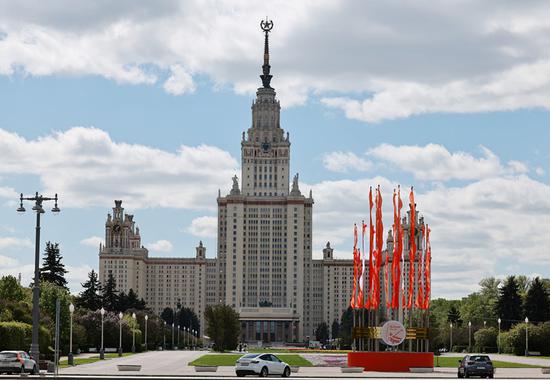
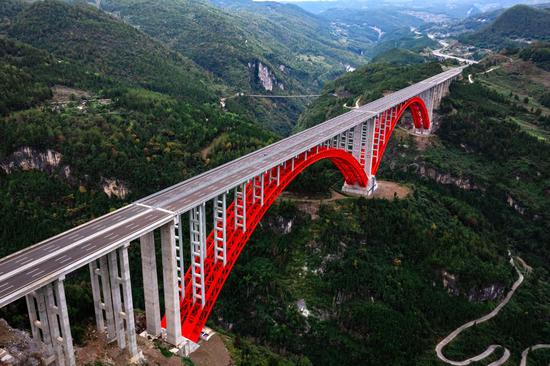
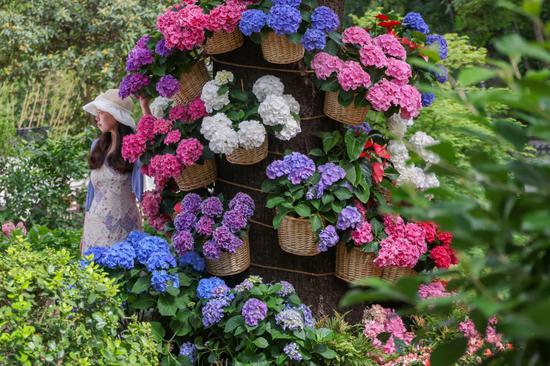


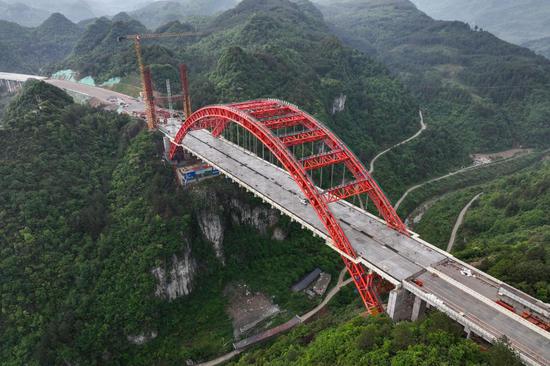
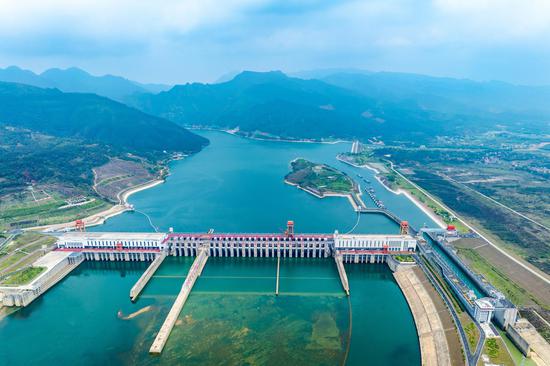

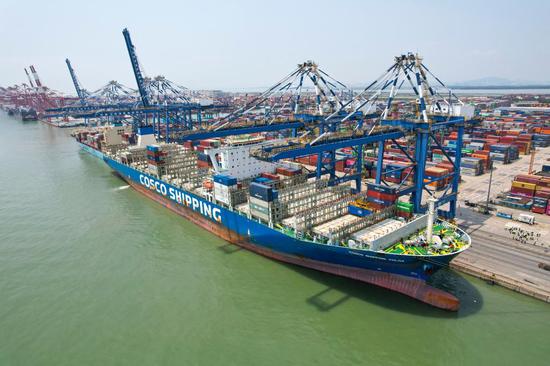
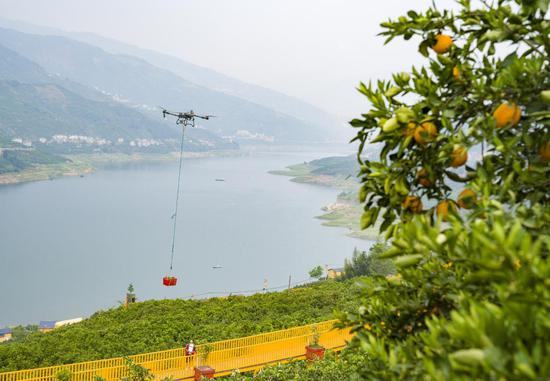



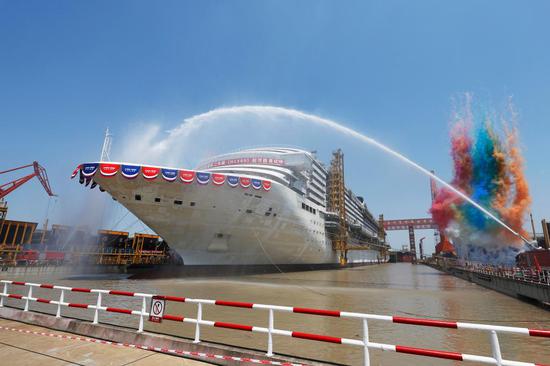
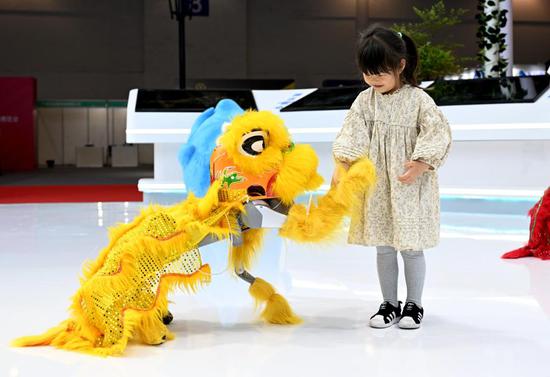
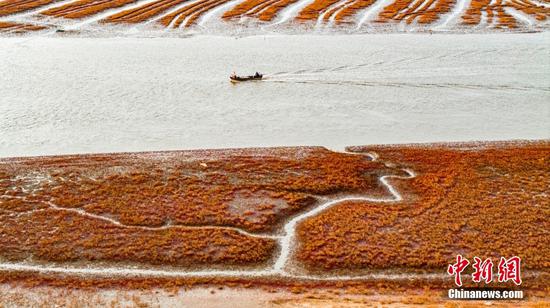
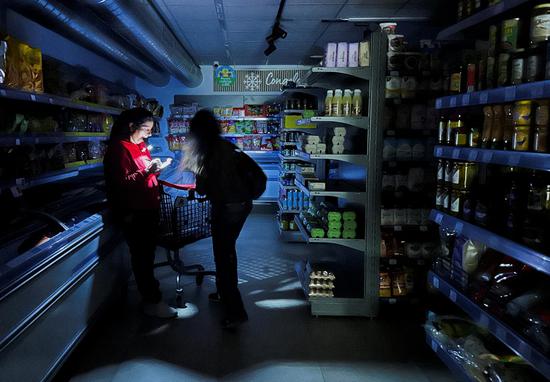


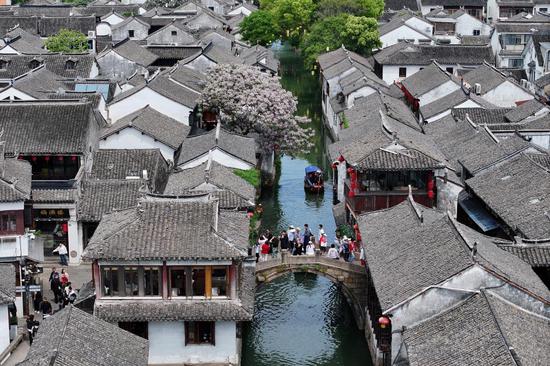
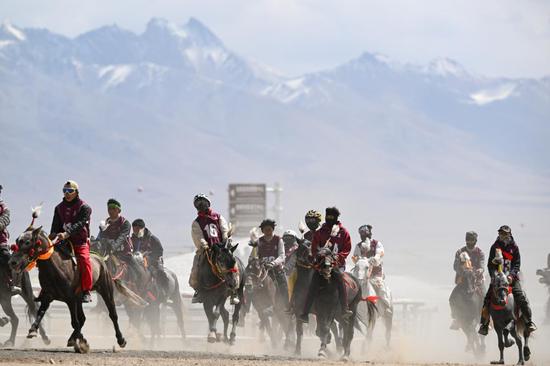

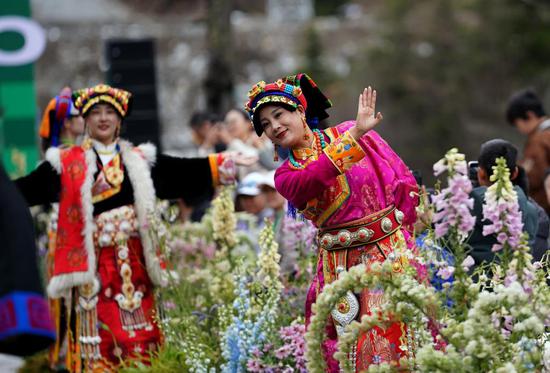
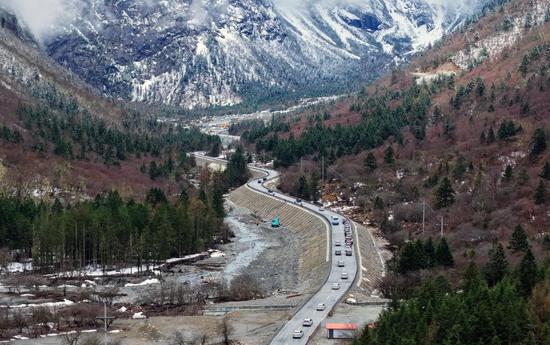




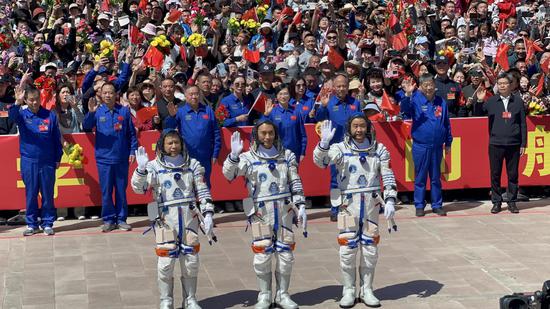

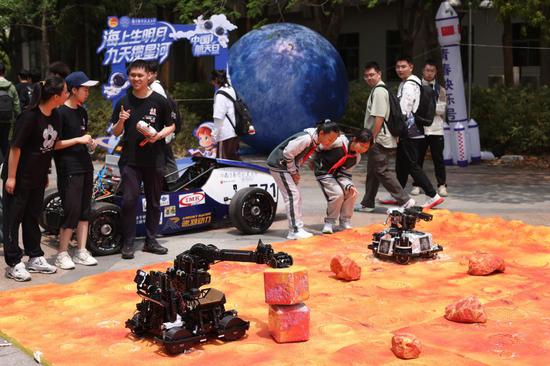

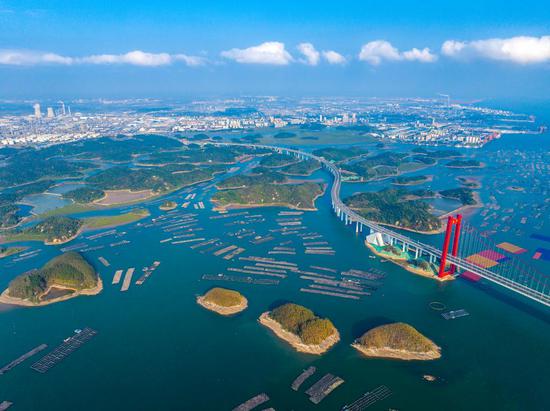
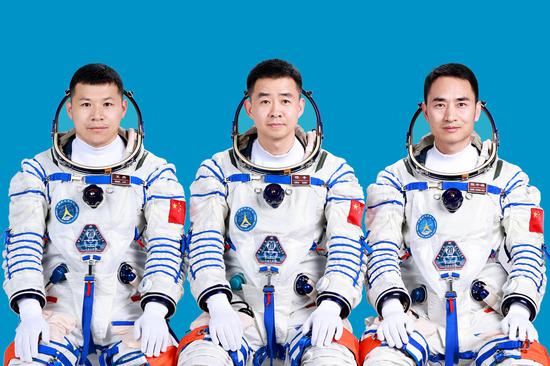

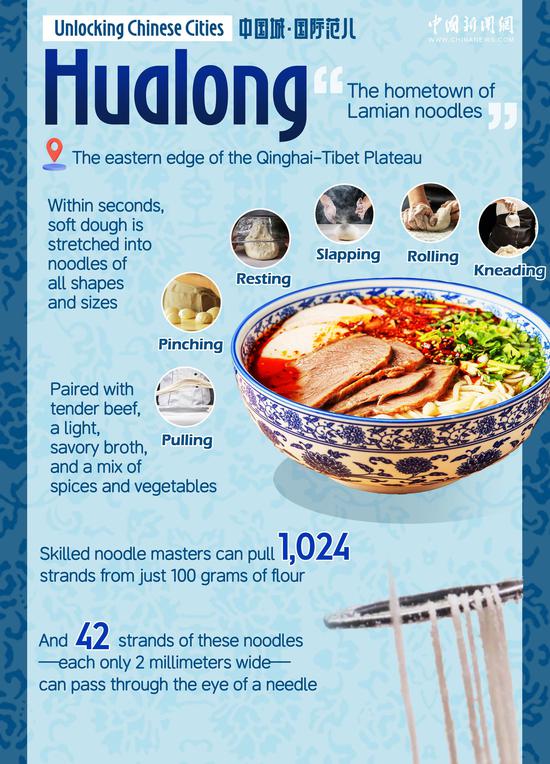
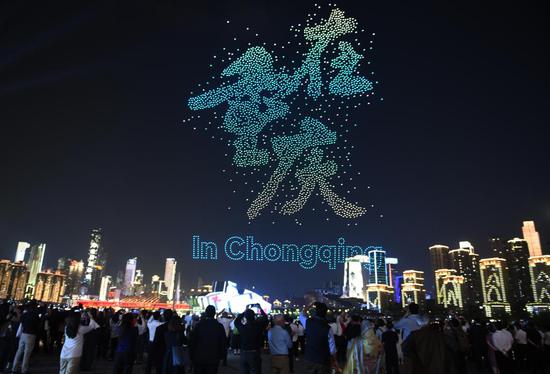



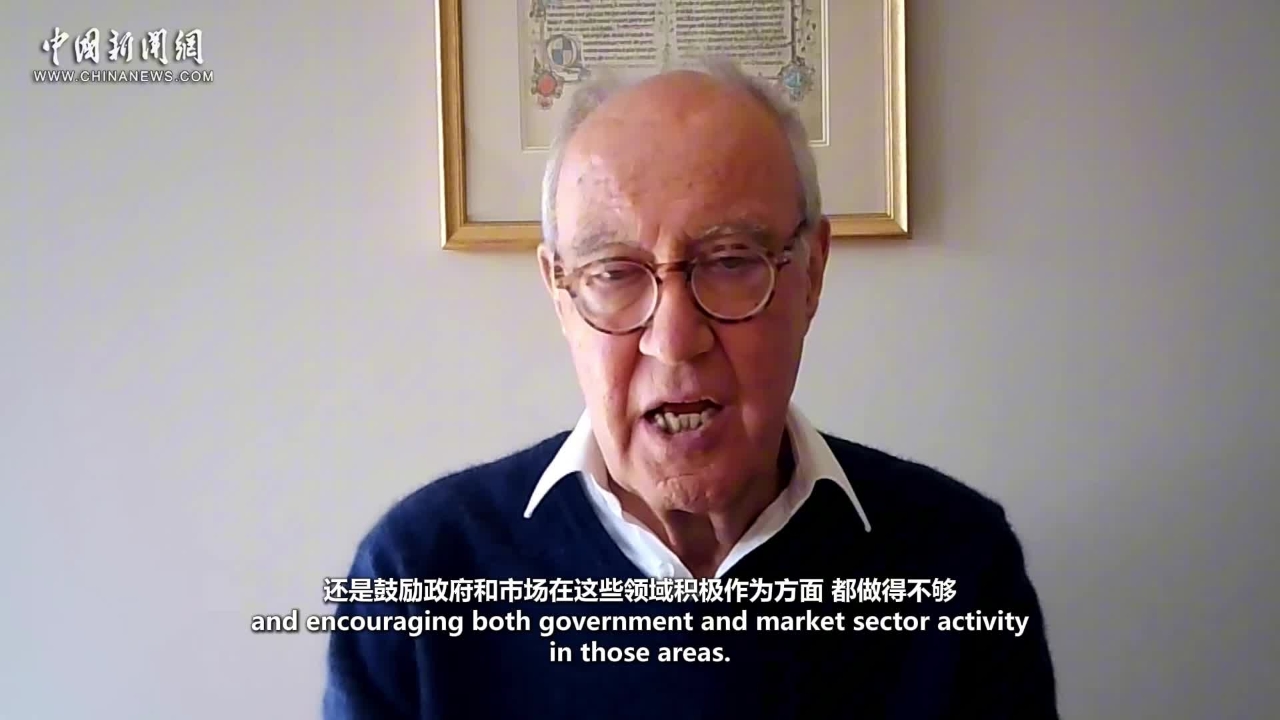

 京公網安備 11010202009201號
京公網安備 11010202009201號